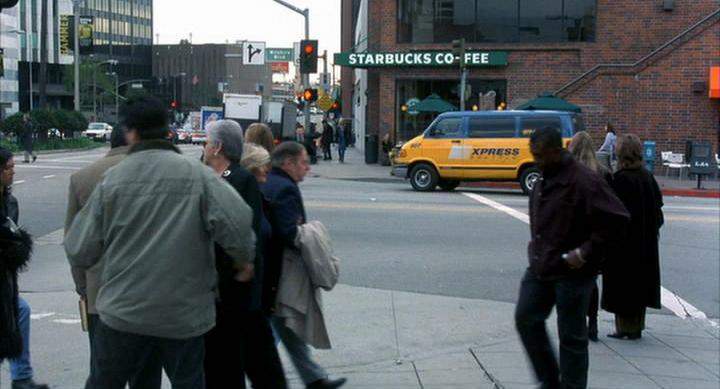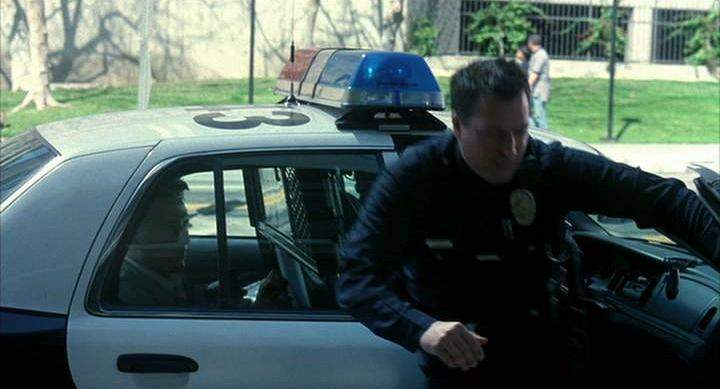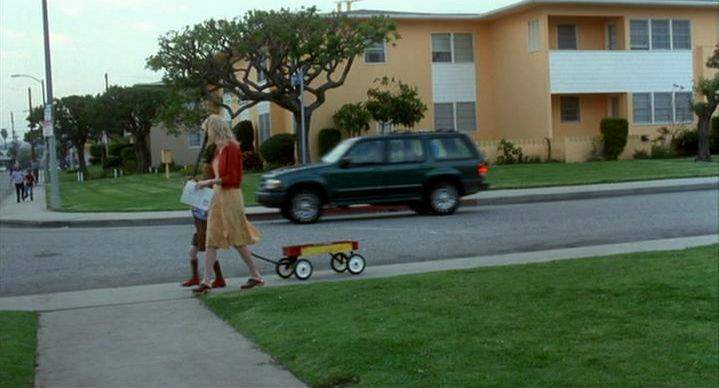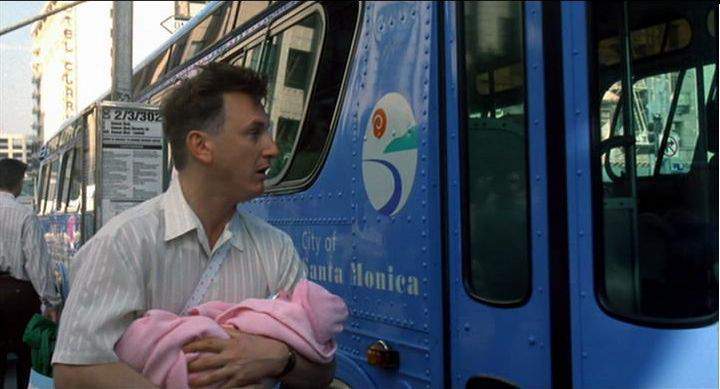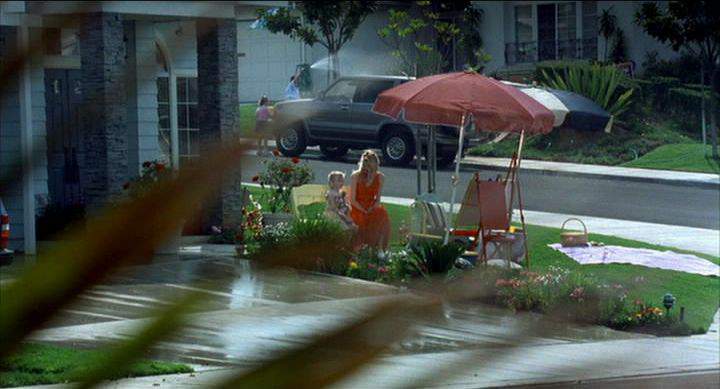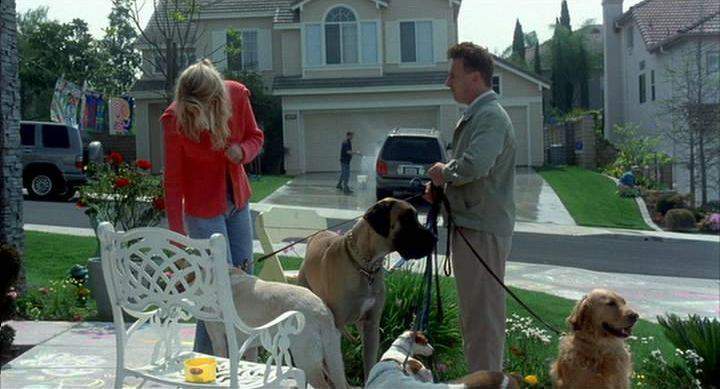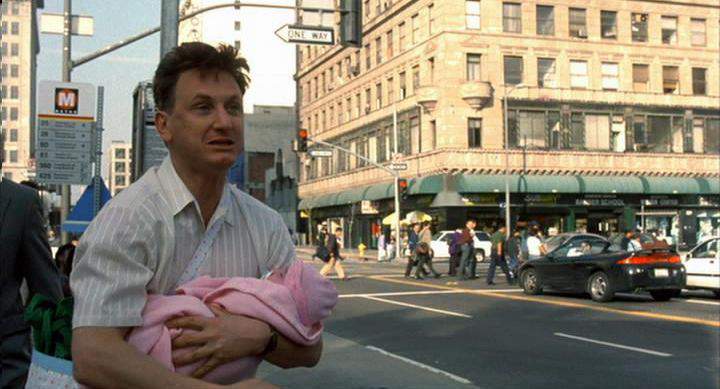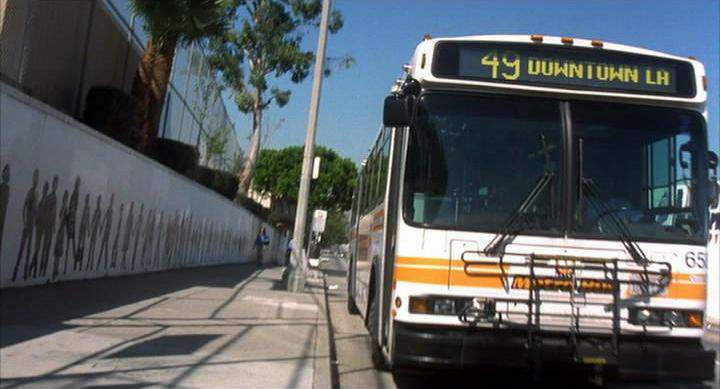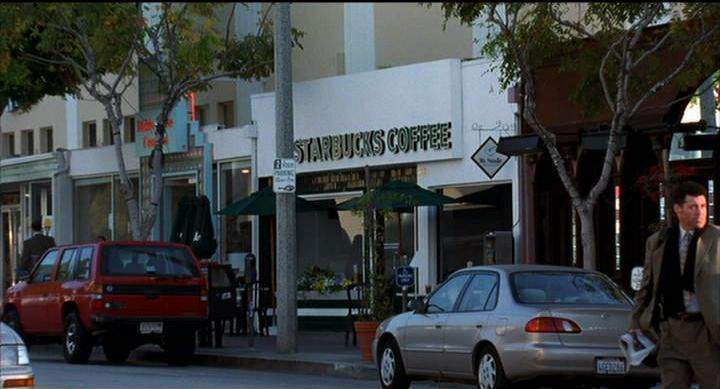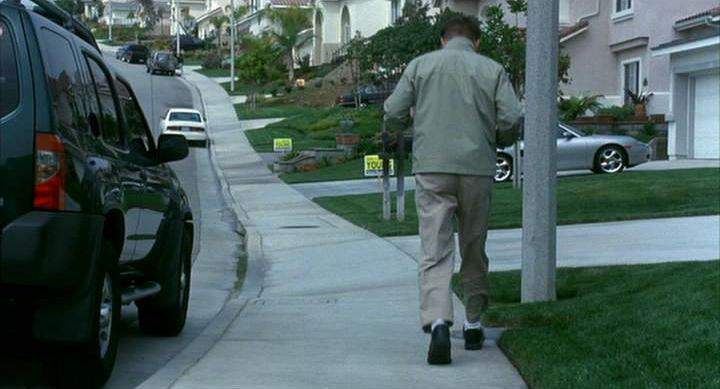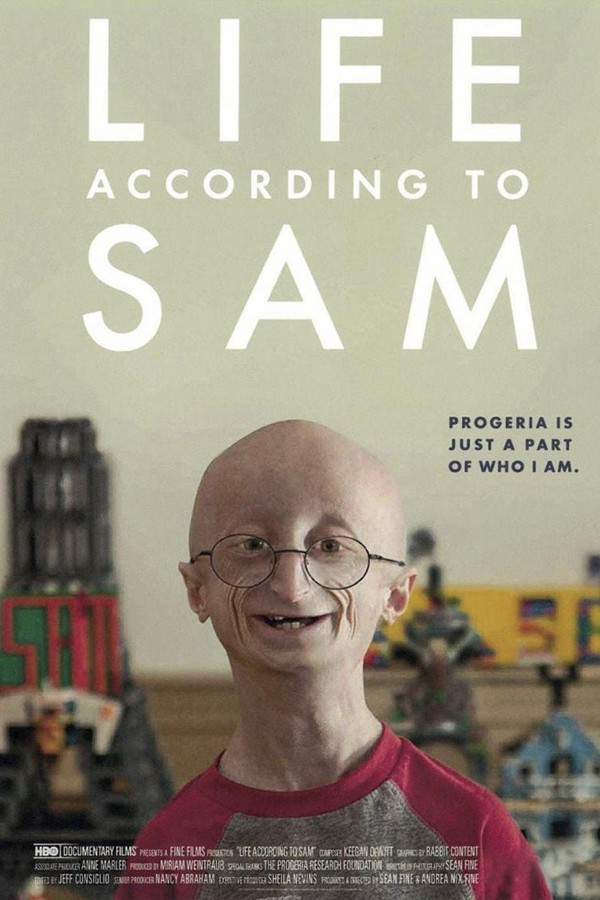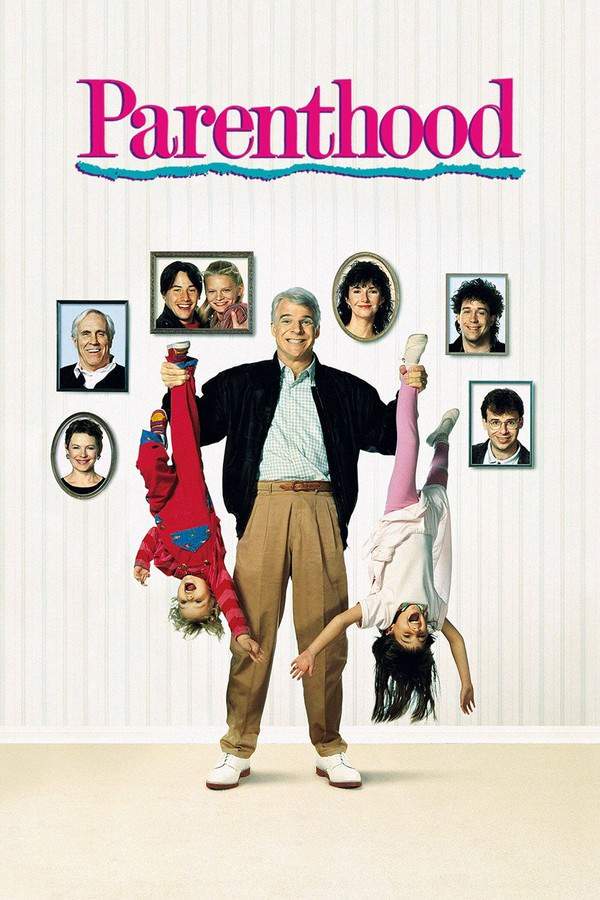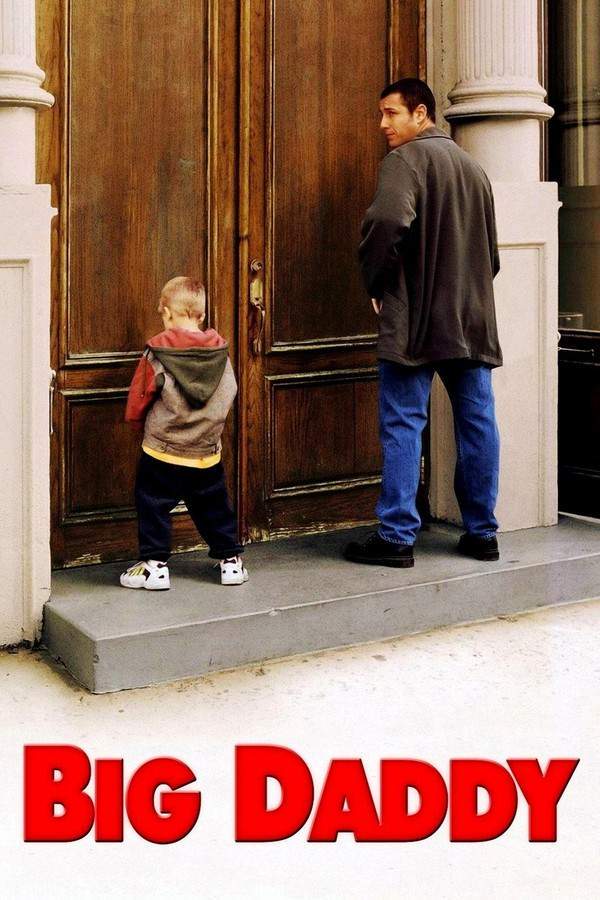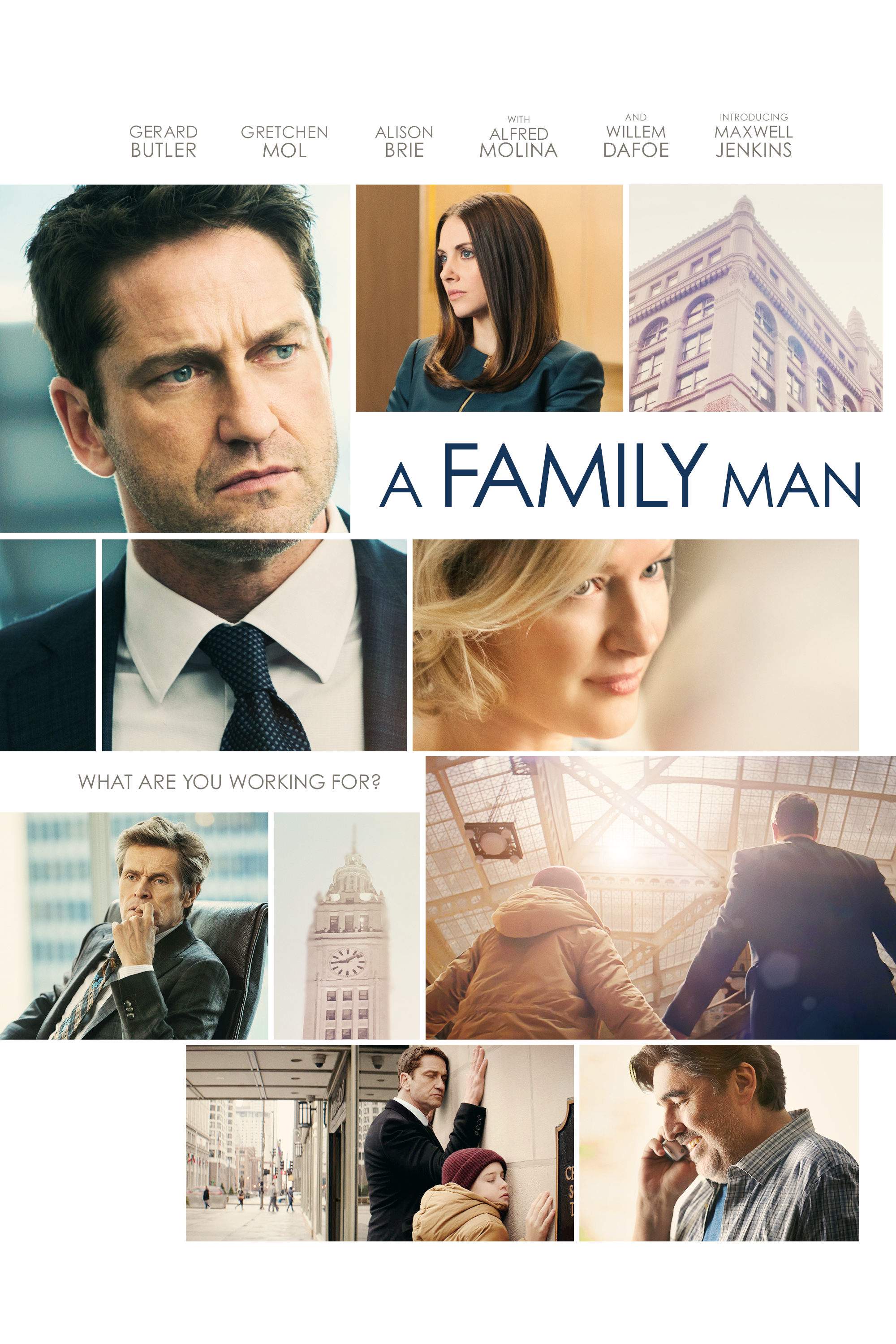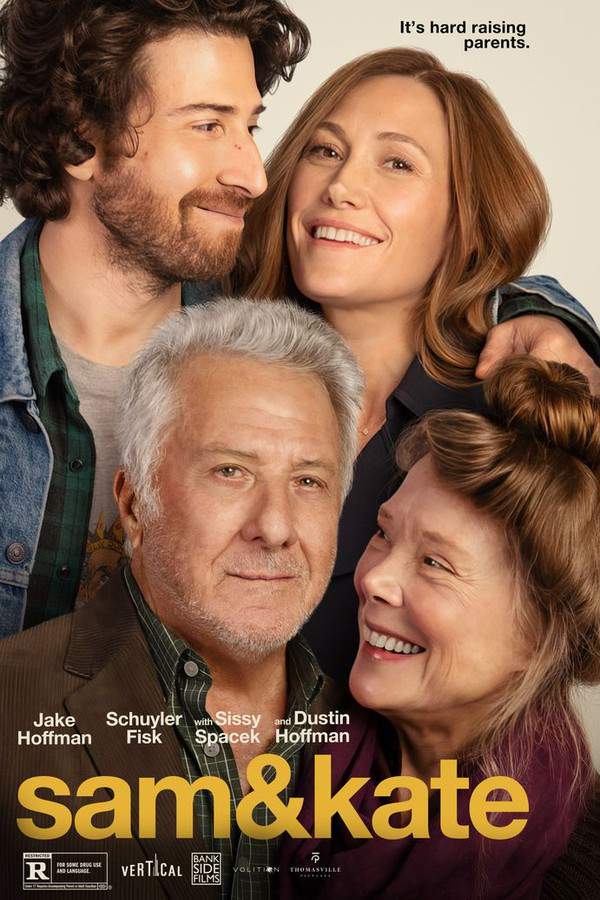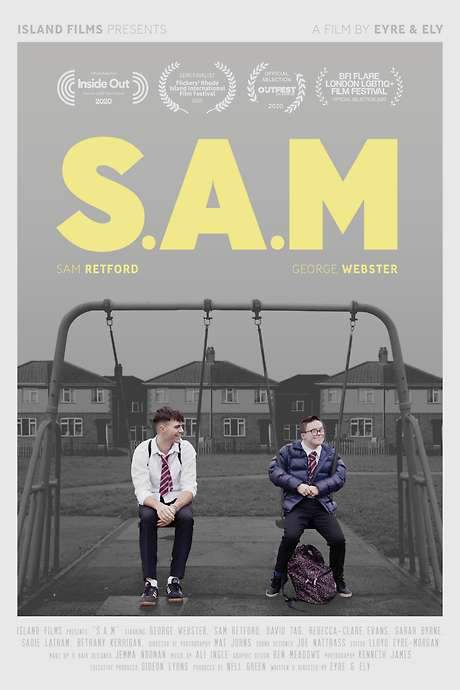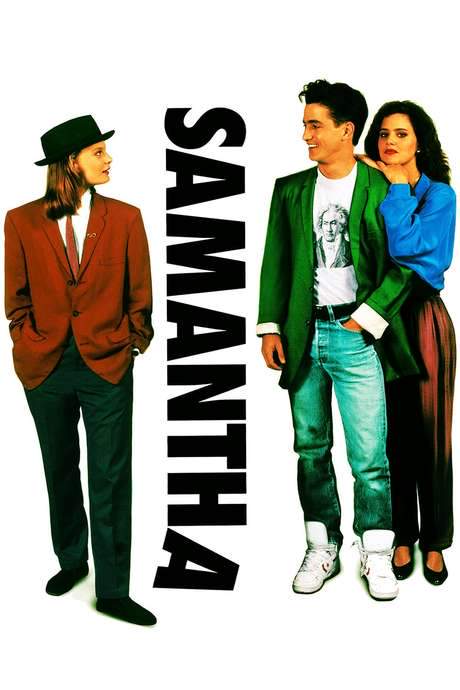I Am Sam 2001
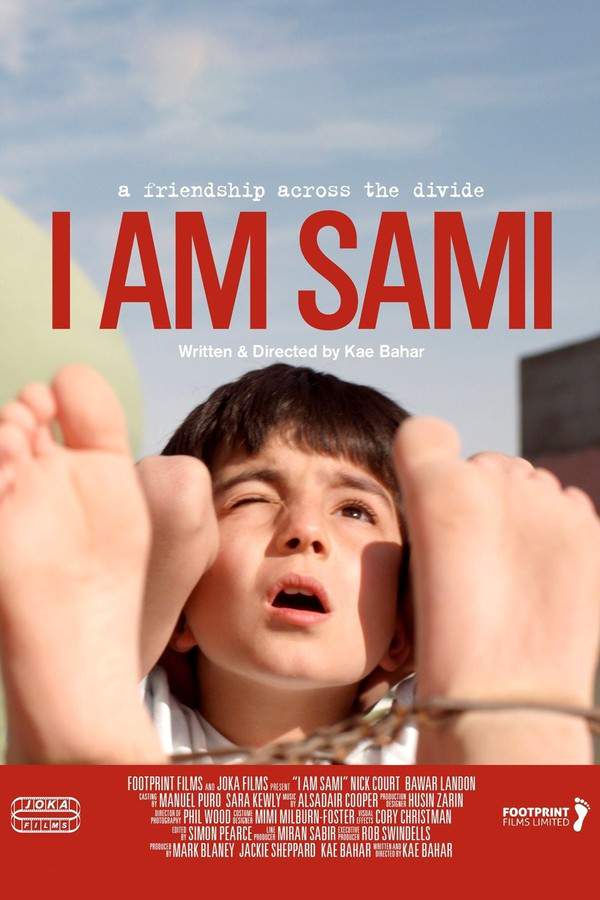
Sam Dawson, a mentally challenged man, unexpectedly becomes a father to a young daughter named Lucy. When Lucy's future is threatened, Sam must fight for custody, challenging societal expectations and legal proceedings. He enlists the support of a dedicated lawyer and a diverse group of friends who believe in his ability to be a loving parent. The story explores the power of family, the definition of parenthood, and the importance of unwavering love.
Does I Am Sam have end credit scenes?
No!
I Am Sam does not have end credit scenes. You can leave when the credits roll.
Meet the Full Cast and Actors of I Am Sam
Explore the complete cast of I Am Sam, including both lead and supporting actors. Learn who plays each character, discover their past roles and achievements, and find out what makes this ensemble cast stand out in the world of film and television.
External Links and Streaming Options
Discover where to watch I Am Sam online, including streaming platforms, rental options, and official sources. Compare reviews, ratings, and in-depth movie information across sites like IMDb, TMDb, Wikipedia or Rotten Tomatoes.
Ratings and Reviews for I Am Sam
See how I Am Sam is rated across major platforms like IMDb, Metacritic, and TMDb. Compare audience scores and critic reviews to understand where I Am Sam stands among top-rated movies in its genre.

28
Metascore
6.6
User Score

7.6 /10
IMDb Rating

76
%
User Score
Take the Ultimate I Am Sam Movie Quiz
Challenge your knowledge of I Am Sam with this fun and interactive movie quiz. Test yourself on key plot points, iconic characters, hidden details, and memorable moments to see how well you really know the film.
I Am Sam Quiz: Test your knowledge about the heartwarming story of Sam Dawson and his journey as a father facing unique challenges.
What is Sam Dawson's cognitive age?
5 years old
7 years old
10 years old
12 years old
Show hint
Awards & Nominations for I Am Sam
Discover all the awards and nominations received by I Am Sam, from Oscars to film festival honors. Learn how I Am Sam and its cast and crew have been recognized by critics and the industry alike.
7th Critics' Choice Awards 2002


8th Screen Actors Guild Awards 2002


Full Plot Summary and Ending Explained for I Am Sam
Read the complete plot summary of I Am Sam, including all major events, twists, and the full ending explained in detail. Explore key characters, themes, hidden meanings, and everything you need to understand the story from beginning to end.
Sam Dawson, portrayed by Sean Penn, is a caring father living in Los Angeles, who faces the challenges of raising his daughter Lucy, played by Dakota Fanning, after her birth mother abandons them. Despite Sam’s mental age being that of a seven-year-old child, he provides a loving environment for Lucy. As she starts to intellectually surpass him, concerns about Sam’s ability to care for Lucy come to light, leading to a custody battle in court.
Sam enjoys a strong support network, including his neighbor Annie, a piano-player and agoraphobe, who watches over Lucy when Sam is unable to. He works at Starbucks, connecting with customers who appreciate his warm nature. However, his job takes a comedic turn when Lucy’s innocent actions create a stir, causing a moment of light-hearted fun when Sam tries to retrieve an ice cube from a woman’s shirt.
Despite their age gap, Lucy and Sam share a close bond; she finds joy in their routines, like their Wednesday outings to International House of Pancakes. Their relationship gets tested when Sam’s unique parenting style embarrasses Lucy at school, leading to hurtful comments from other children. A pivotal moment occurs during her birthday party when social services step in, resulting in limited visitation rights for Sam.
In his quest to retain custody, Sam reaches out to Rita, a lawyer who initially views him as a case to be handled. However, as their journey unfolds, Rita discovers the depth of Sam’s love and resilience, leading her to take on his case pro bono. Their partnership grows complicated when Lucy, feeling trapped in her foster home, persuades Sam to help her escape.
As the trial progresses, Sam finds employment at Pizza Hut, while Annie confronts her own fears and steps out into the world. In a touching display of friendship, Sam helps Rita navigate her troubled relationship with her son, encouraging her to prioritize family over her failing marriage. Yet, during a critical moment in court, self-doubt overwhelms Sam, causing him to question his capabilities as a father.
Ultimately, Lucy’s foster family decides to let Sam regain custody, and he extends an invitation for the foster mother to partake in raising Lucy, recognizing the importance of having a mother figure in her life. The story concludes with a heartwarming scene at Lucy’s soccer game, surrounded by her foster family, Rita and her son, along with Annie and other friends, showcasing a newfound sense of community and hope for the future.
Uncover the Details: Timeline, Characters, Themes, and Beyond!

Coming soon on iOS and Android
The Plot Explained Mobile App
From blockbusters to hidden gems — dive into movie stories anytime, anywhere. Save your favorites, discover plots faster, and never miss a twist again.
Sign up to be the first to know when we launch. Your email stays private — always.
Watch Trailers, Clips & Behind-the-Scenes for I Am Sam
Watch official trailers, exclusive clips, cast interviews, and behind-the-scenes footage from I Am Sam. Dive deeper into the making of the film, its standout moments, and key production insights.
Cars Featured in I Am Sam
Explore all cars featured in I Am Sam, including their makes, models, scenes they appear in, and their significance to the plot. A must-read for car enthusiasts and movie buffs alike.
I Am Sam Themes and Keywords
Discover the central themes, ideas, and keywords that define the movie’s story, tone, and message. Analyze the film’s deeper meanings, genre influences, and recurring concepts.
I Am Sam Other Names and Titles
Explore the various alternative titles, translations, and other names used for I Am Sam across different regions and languages. Understand how the film is marketed and recognized worldwide.
Similar Movies To I Am Sam You Should Know About
Browse a curated list of movies similar in genre, tone, characters, or story structure. Discover new titles like the one you're watching, perfect for fans of related plots, vibes, or cinematic styles.
Quick Links: Summary, Cast, Ratings, More

What's After the Movie?
Not sure whether to stay after the credits? Find out!
Explore Our Movie Platform
New Movie Releases (2025)
Famous Movie Actors
Top Film Production Studios
Movie Plot Summaries & Endings
Major Movie Awards & Winners
Best Concert Films & Music Documentaries
Movie Collections and Curated Lists
© 2025 What's After the Movie. All rights reserved.















